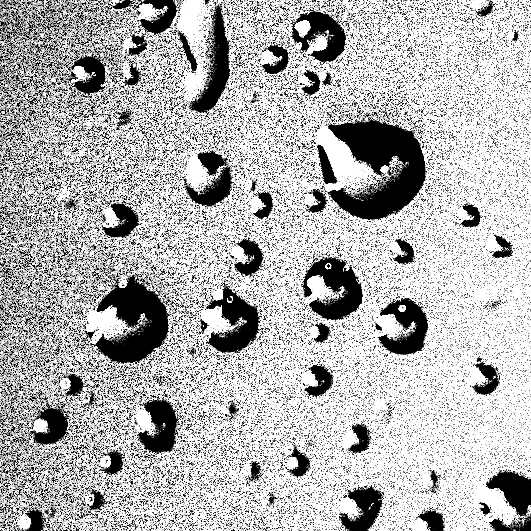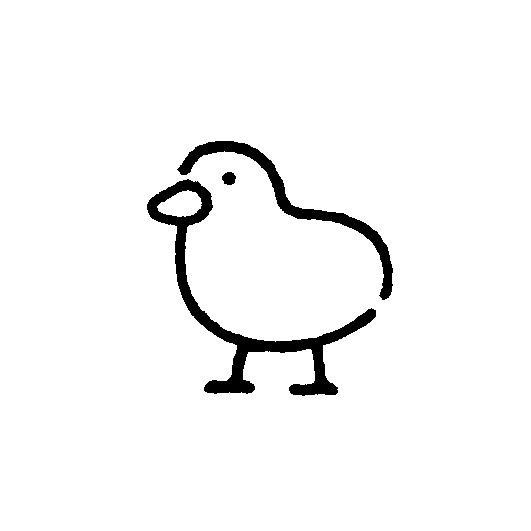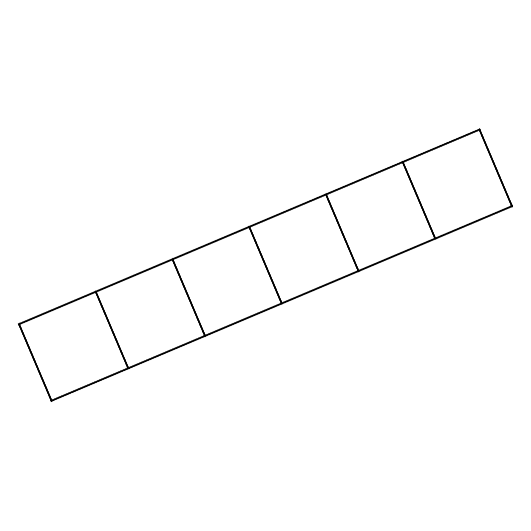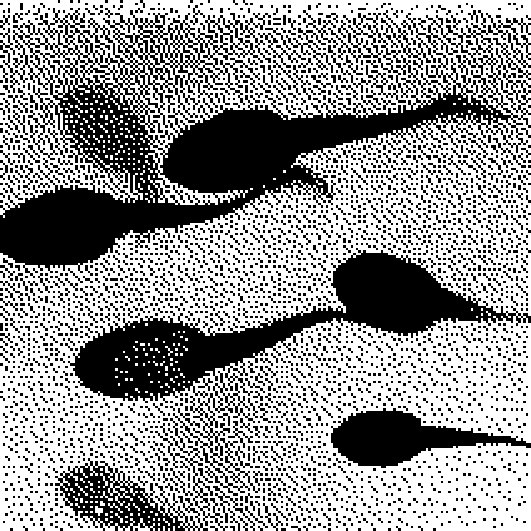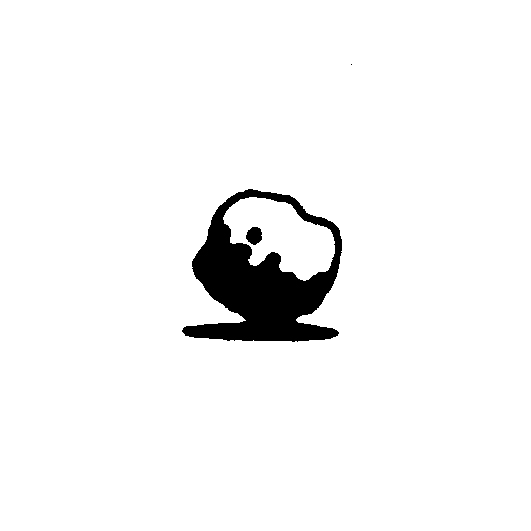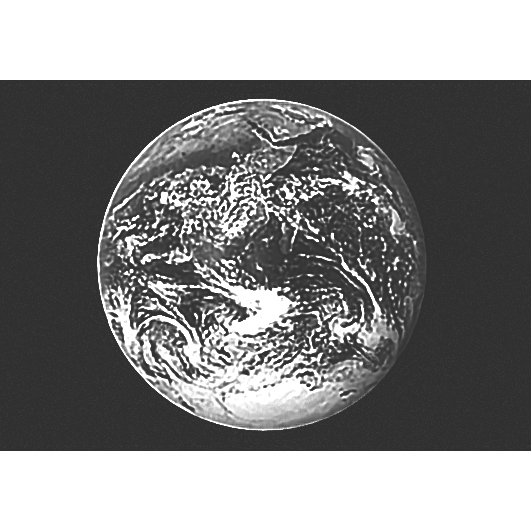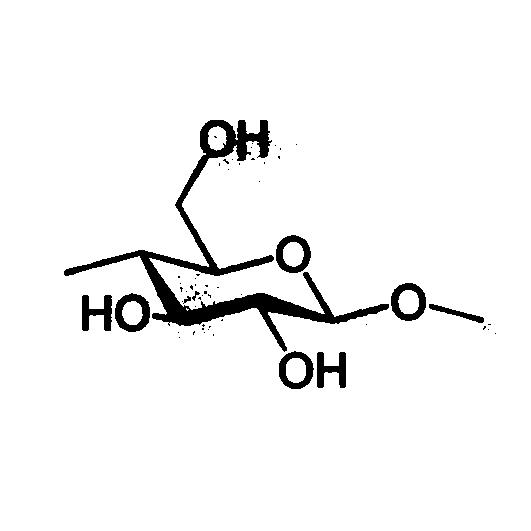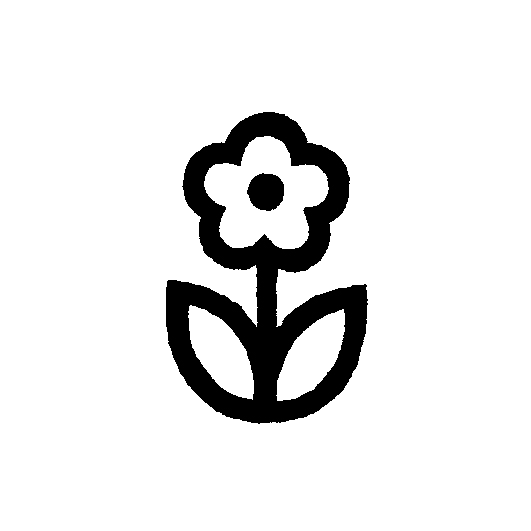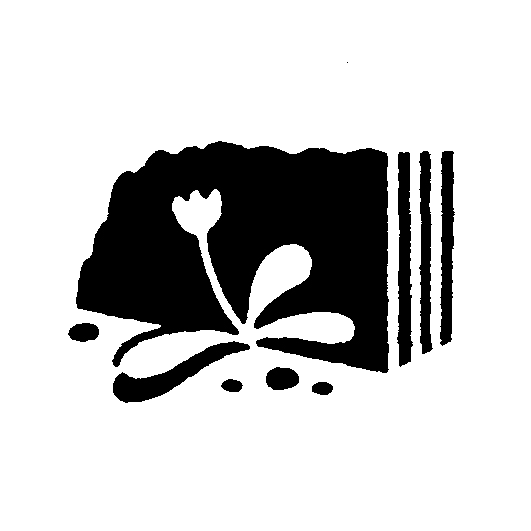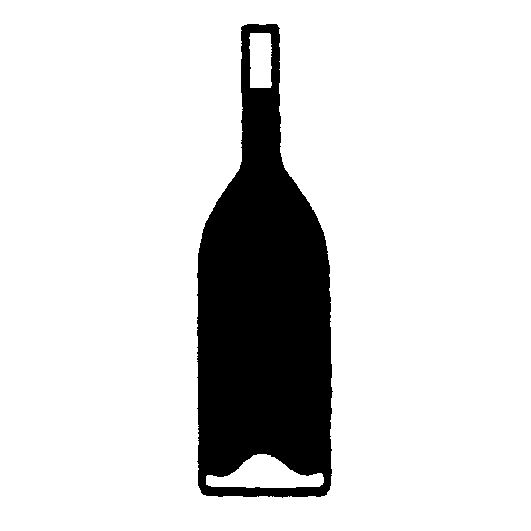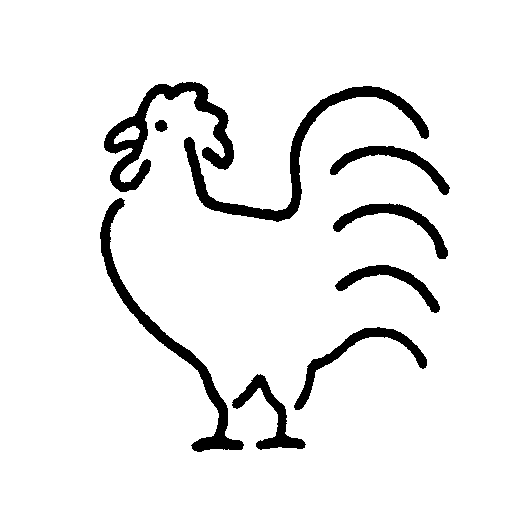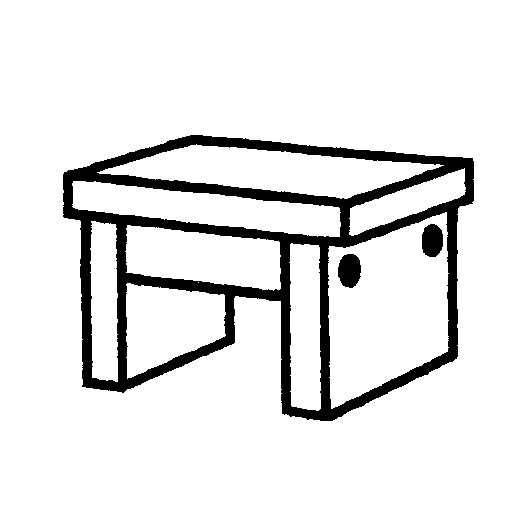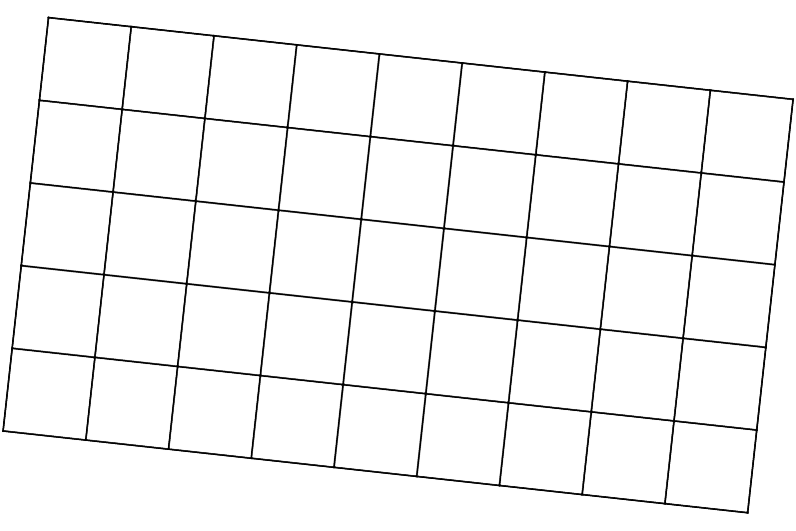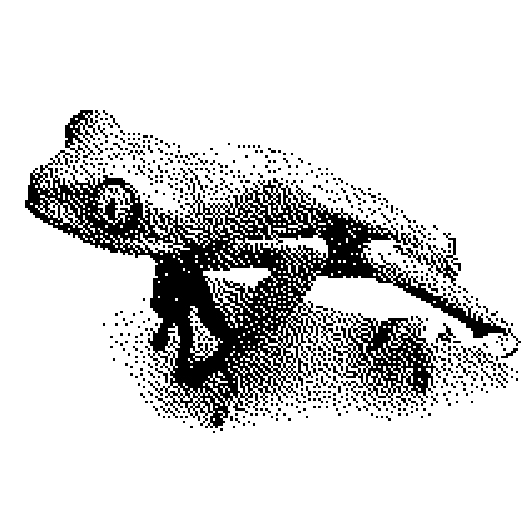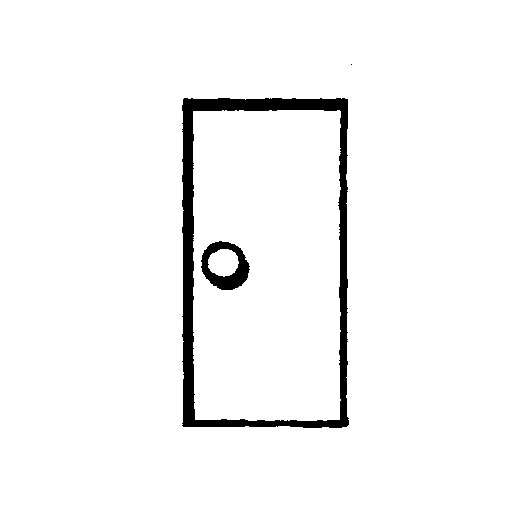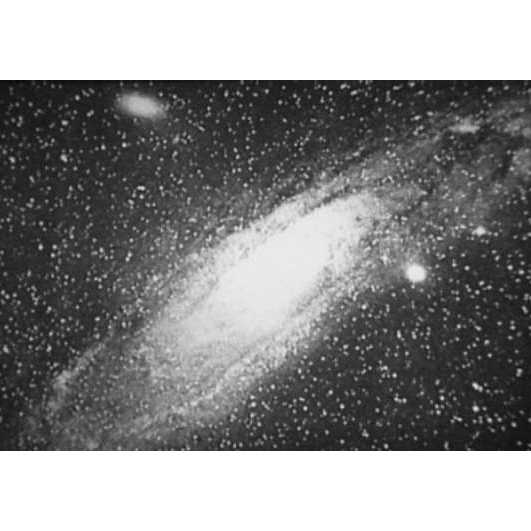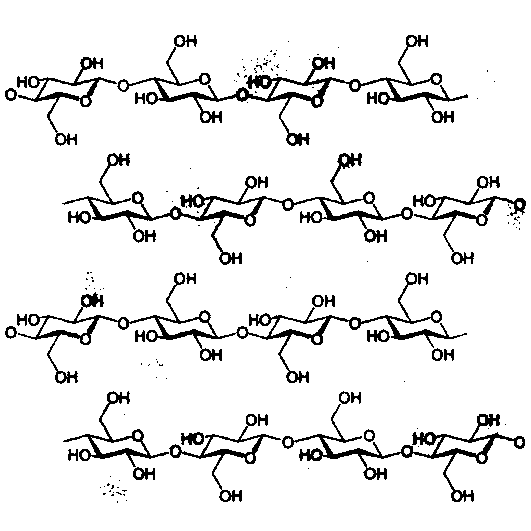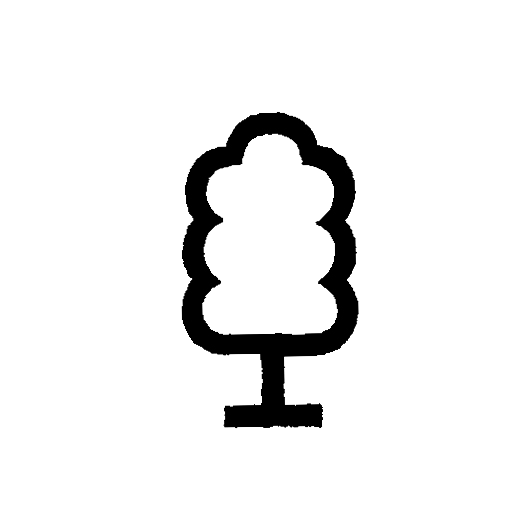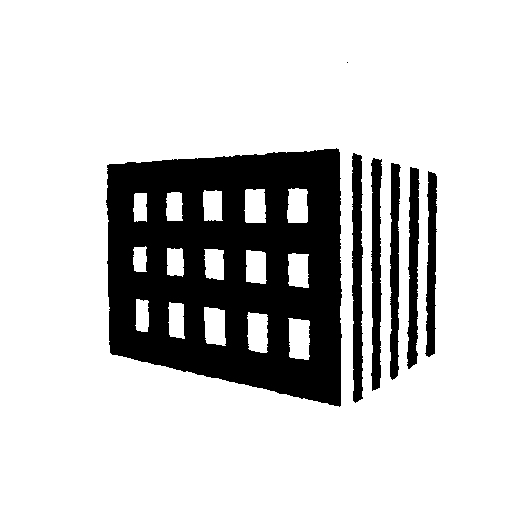
自然の営みの中に流れるような建築を考えたい。
土地の魅力が、建築が生まれることで引き立ち、建築は人の営みの受け皿となる。
大山初里は、インフラも整備されていない、何もないと言われている中国浙江省の限界集落。ここに宿泊施設を6棟建築するプロジェクトで、数日間、山の風景、朽ちた建築、畑の様子、家畜小屋を見て回った。
ここに如何に建築を作るかと同時に、この集落での営みや風景を継続させるにはどうすれば良いかを考えた。外から人、金、モノ、テクノロジー、何でも持ち込んで解決した気になって、その土地の個性から目を逸らさしてはいけない。
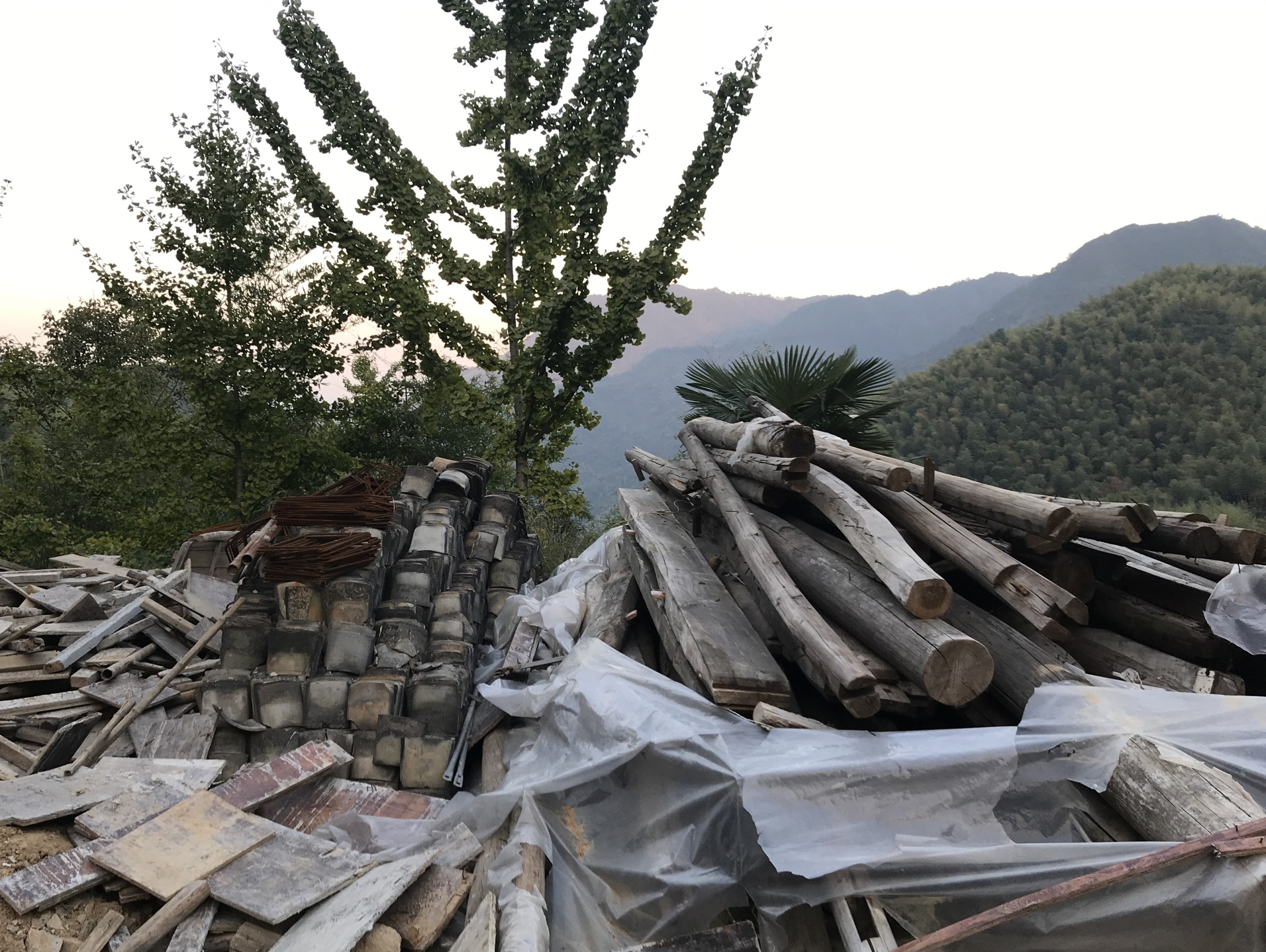 建材は、現代的な素材を都心から持ち込むのではなく、集落の近くで手に入る地元の素材と、既存の老朽化した建物の味わいある建材を最大限に再利用した。
建材は、現代的な素材を都心から持ち込むのではなく、集落の近くで手に入る地元の素材と、既存の老朽化した建物の味わいある建材を最大限に再利用した。
職人は、建築会社から、作り手はこの集落に愛着のある村出身の職人に声をかけていった。この村のことを想う職人の丁寧な手仕事、風土の特性を熟知している知恵から生まれる。
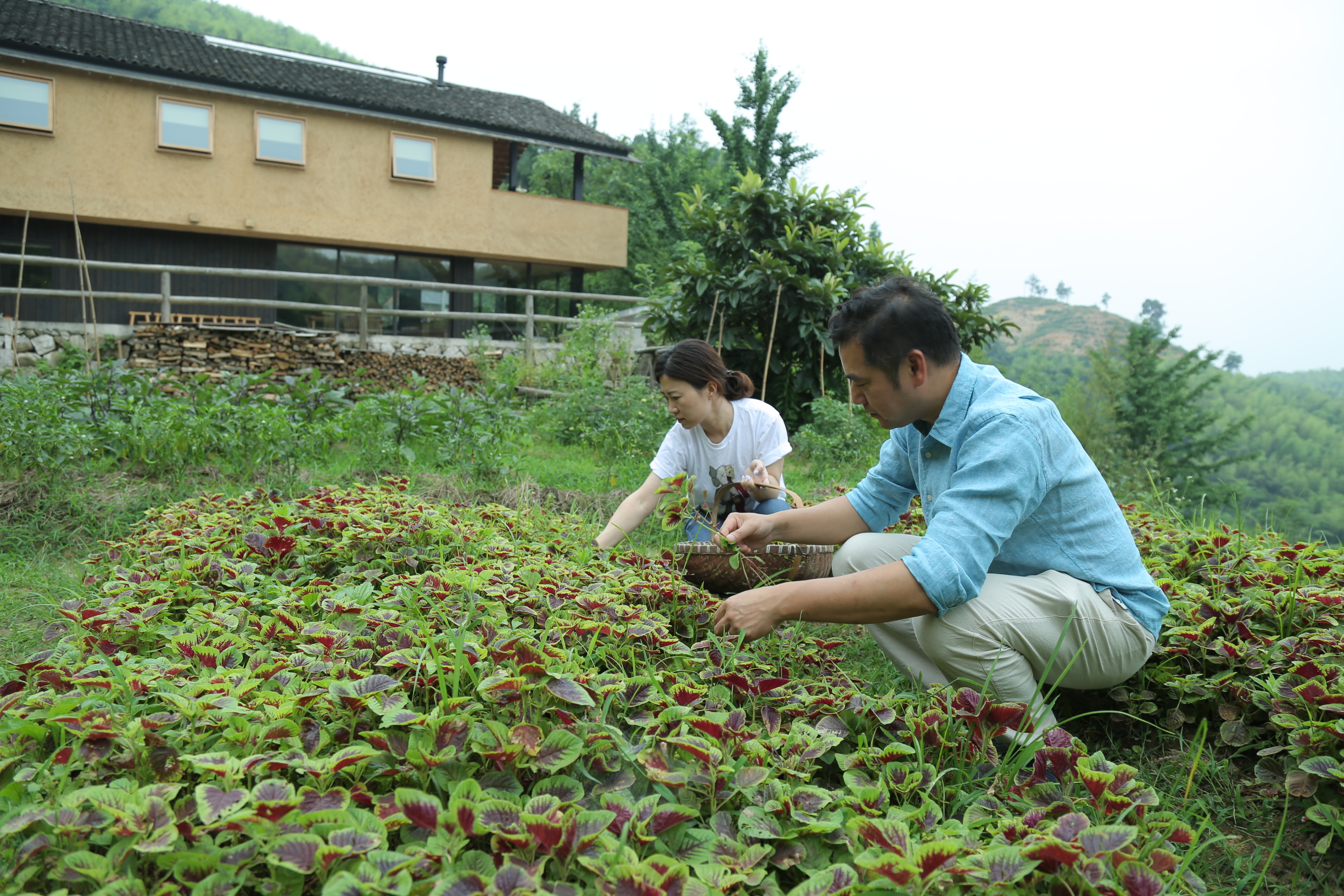
提供される食事は、新鮮なこの土地の手作りの農作物と、ご近所さんが飼養している家畜の卵を購入させて頂いて作られている。
建てる前から地元の人を巻き込んで、この土地の自然を巻き込んで、ここの職人が培ってきた技術でできる作り方で建築を作ること。ここで採れる食材で料理を提供すること。ここの文化や歴史の価値を再発見すること。
ここにあるもので十分だと思える価値を生み出す。
環境の循環、本当のラグジュアリー
このようなプロセスの中で生まれてくる建築には
建築、人間、その土地を強く結びつける力があった。
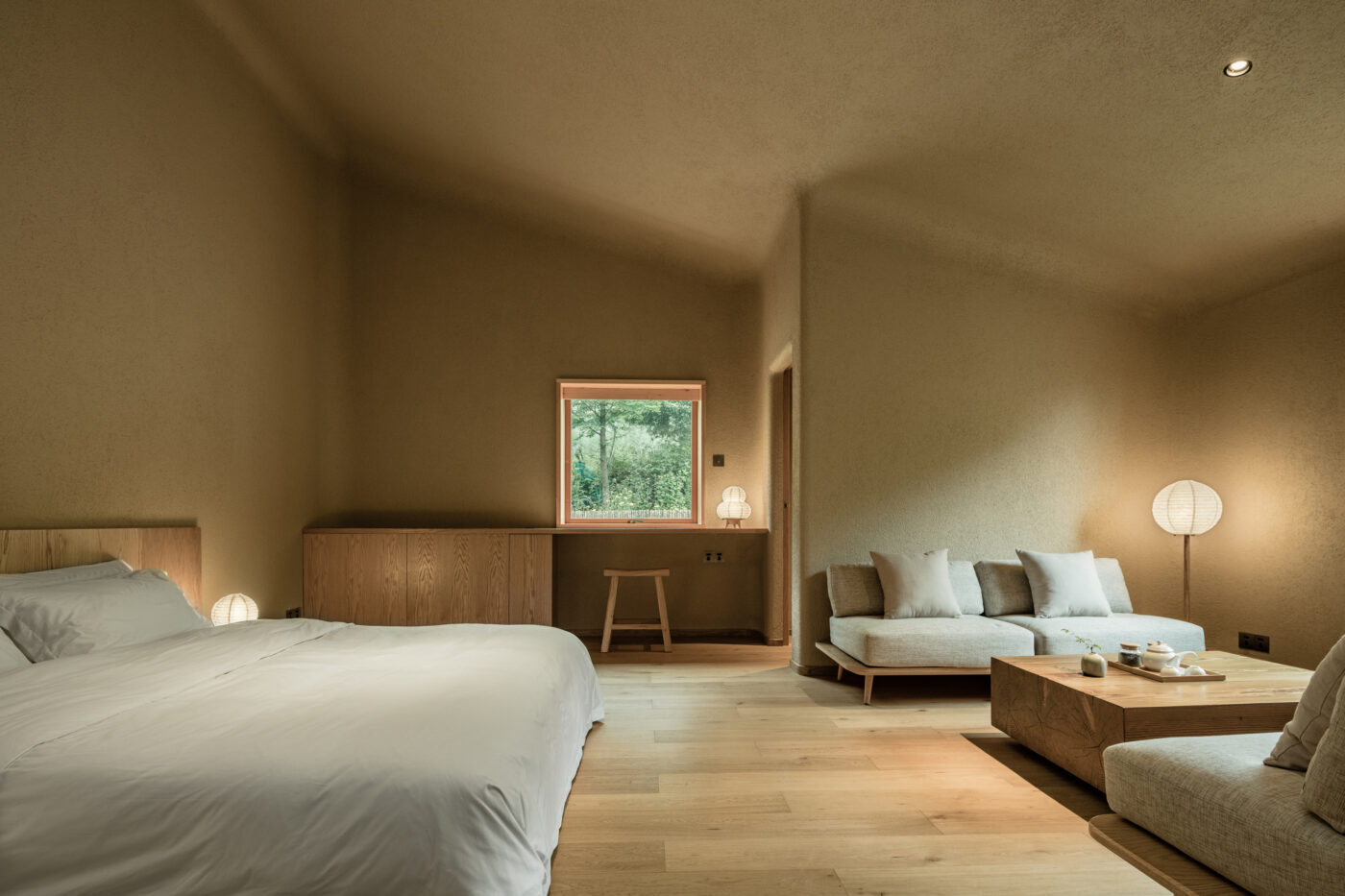
木材の香り、ごつごつした石や岩、土の温もり、再利用した古さ、深み。昔からずっと積み上げてきた文化、歴史、技術
その一つ一つの要素が、人間の感性を引き出していく。
朝の光や夜の静かな空気感、みんなの話し声、賑わい。
そしてその人間の営みも含めた風景に謙虚に戻って、廻り巡っていく。
決して工場で大量生産できるものではなく、生身の生きているもの。そこに手間ひまかけて丁寧に向き合う。
固定概念を無くし、それぞれに固有の解答を見つける設計をしていきたいと考えています。

We want to think about architecture as it flows in the works of nature.
The charm of the earth is enhanced by the birth of architecture, and architecture becomes a vessel for human activities.
The Origin Villa we designed is situated in a rural village of Zhengjiang, China, where even basic supporting infrastructures were lacking. In order to propose a project here consisting of six individual lodging facilities, we spent several days living in the village and experienced the mountain scenery, decaying architecture, agriculture fields, and livestock sheds.
At the same time as thinking about how to build here, we thought it was also important to consider continuing the way of living and scenery of this village. Don’t turn your eyes away from the uniqueness of the land, only thinking how you can bring in people, money, goods, technology, or other things from the outside to solve the existing problems.
Instead of importing modern building materials from the city, all the materials we used were locally sourced near the village, on top of reusing as much as possible from existing dilapidated building demolition.
We called upon the craftsmen who lived and loved their village.
The Origin Villa was the outcome of the careful handiwork of the local craftsmen who regarded this place dearly and had great wisdom regarding the characteristics of the local climate.
 The meals served here are always made with fresh local produce and eggs purchased from the neighbors livestocks.
The meals served here are always made with fresh local produce and eggs purchased from the neighbors livestocks.
Involving the local people before building, involving the nature of this land,
To create architecture using the techniques cultivated by the craftsmen here.
To provide food with ingredients that are harvested here.
To rediscover the value of the culture and history here.
To create Involving local people before building, involving the nature of this land,
To create architecture using the techniques cultivated by craftsmen here.
To provide food with ingredients that can be harvested here.
To rediscover the merit of culture and history here.
To create a value that appreciates the abundance of what has been existing here.
Regenerating environment is truly a luxury.
The architecture that is born from this kind of process has the power to form a powerful connection among architecture, people, and the land.

The scent of wood, the rough stones and rocks, the warmth of the soil, the antiquity of reuse, the depth. Culture, history, and technology that have been built up over the years.
Each element draws out human sensibilities.
The light in the morning, the quiet atmosphere at night, the voices of everyone, the bustle.
Then, I humbly return to the scenery that embraces human activities, and it goes on.
It is not something that can be mass-produced in a factory, but a being in itself that is alive and thriving. Take your time and face it with respect.
We would like to design to eliminate any fixed concepts and find unique solutions for each situation.

我们想思考建筑在自然中的流动。
大地的魅力随着建筑的产生而显现出来,而建筑则成为了人们活动的容器。
大山初里是位于中国浙江省的一个偏远村落,那里甚至缺乏基本的配套基础设施。为了在这里提出一个由六个独立住宿设施组成的项目,我们在村庄里住了几天,体验了山景、衰败的建筑、以及随处可见的农田和牲畜棚。
 在思考该如何在这里建造建筑的同时,我们认为考虑该如何延续这个村庄的生活方式和风景也很重要。不要把目光从当地的独特性上移开,只想着如何从外部引进人、钱、货物、技术或其他东西来解决现有问题。
在思考该如何在这里建造建筑的同时,我们认为考虑该如何延续这个村庄的生活方式和风景也很重要。不要把目光从当地的独特性上移开,只想着如何从外部引进人、钱、货物、技术或其他东西来解决现有问题。

我们使用的所有材料都是在村庄附近当地采购,或是尽可能多地重复利用现有破损建筑的材料,而不是从城市带来的现代大规模生产的建筑材料。
我们拜访了那些生活和热爱他们村庄的工匠。 大山初里是当地工匠精心制作的产物,他们非常珍视这个地方,并对当地风土气候的特点具有极深的理解。
这里提供的饭菜总是用新鲜的当地农产品和从邻居那里购买的鸡蛋制作的。
在建筑设计开始前就让当地人参与,一同分享这片土地的特质,
在这里的工匠利用当地独有的技术与知识来建造。
在这里收获的食材会用作饭菜的供应。
在这里会重新发现它独特的文化和历史价值。
在这里能欣赏村落中丰富的存在。
环境的再生确实是一种奢侈。
但从这种过程中诞生的设计会在建筑、人和土地之间形成强有力的联系。
 木材的气味,粗糙的石头和岩石,土壤的温暖,重复使用的古老,深度。
木材的气味,粗糙的石头和岩石,土壤的温暖,重复使用的古老,深度。
上百年来积累起来的文化、历史和技术。
这里的每一个元素都能打动人。
早晨的灯光,夜晚的宁静氛围,大家的声音,热闹。
然后,我们会谦卑地回到充满人类活动的场景中,并继续下去。
它不是一个可以在工厂里大量生产的物件,而是一个真实活着、茁壮成长的存在。
慢慢来,以尊重的态度面对它。
我们希望不带有任何固定的概念去设计,并为每种情况找到属于它独特的解决方案。




